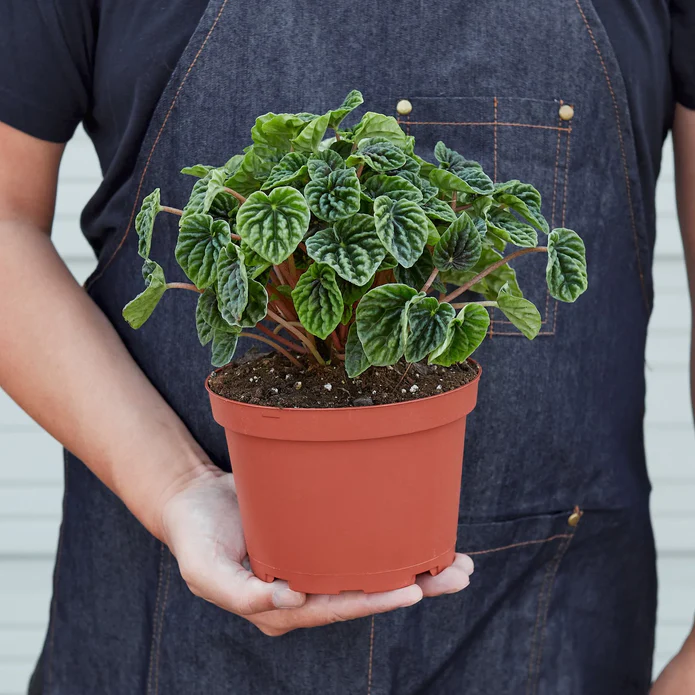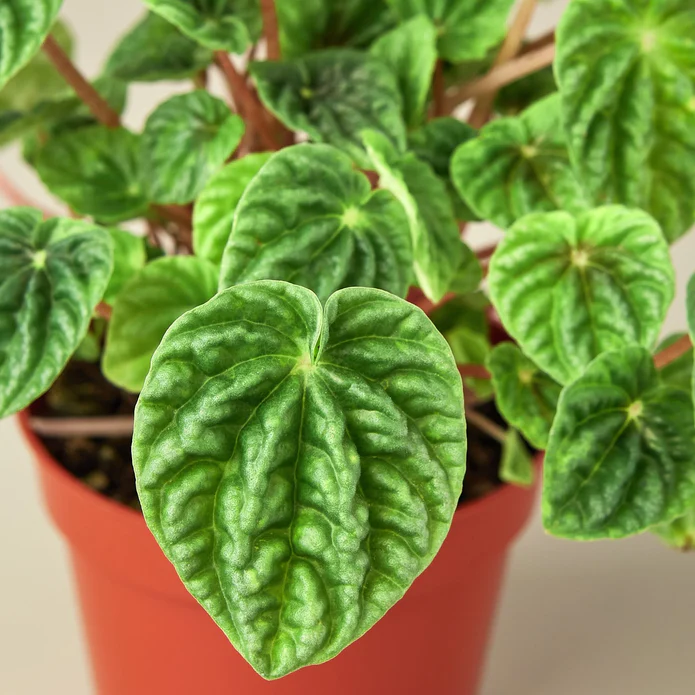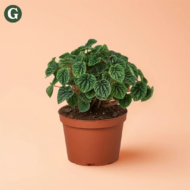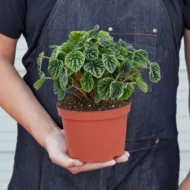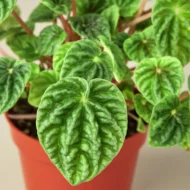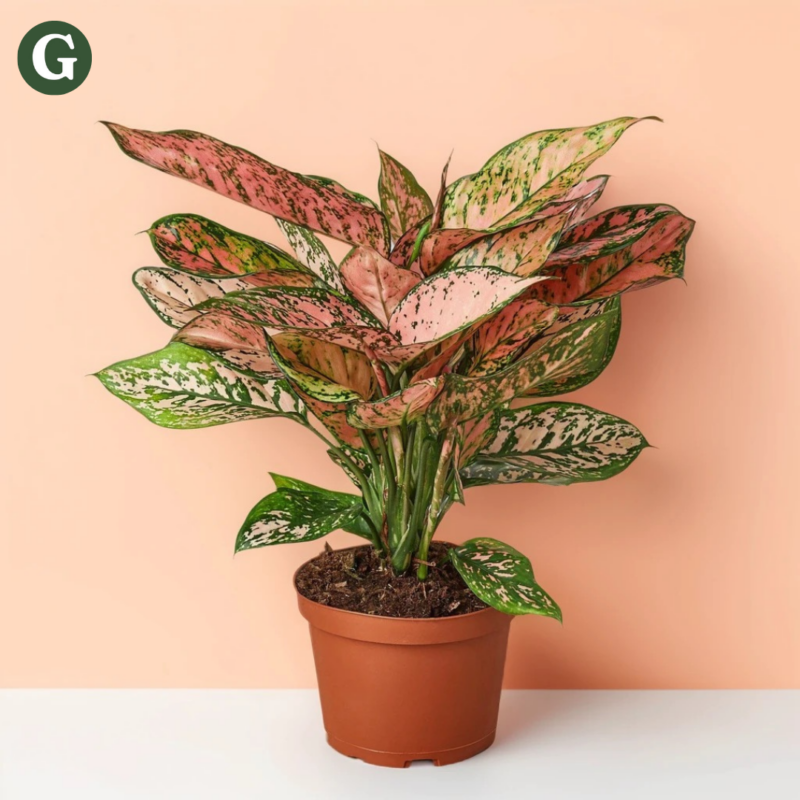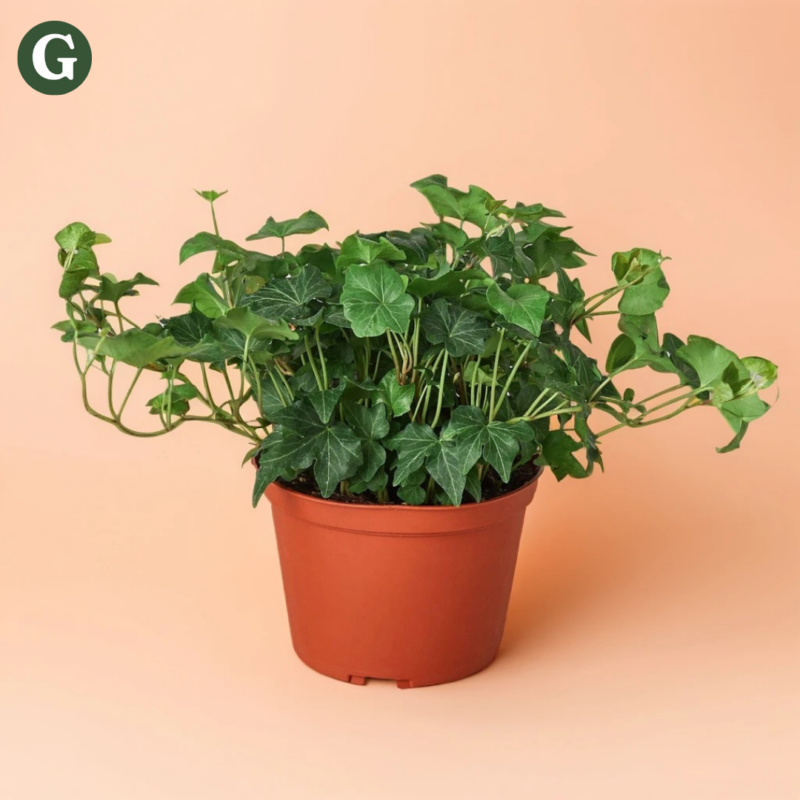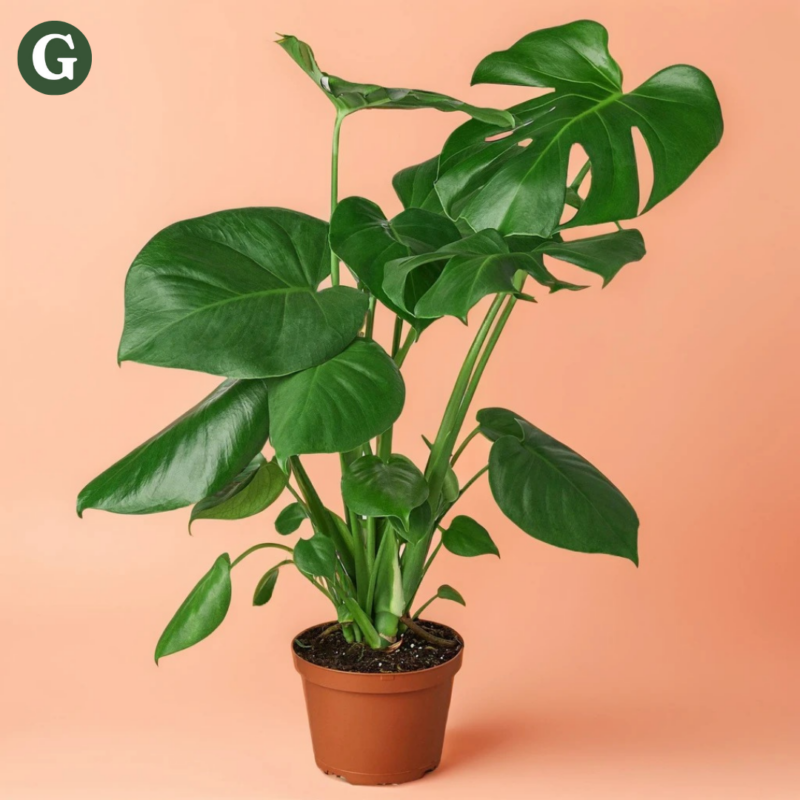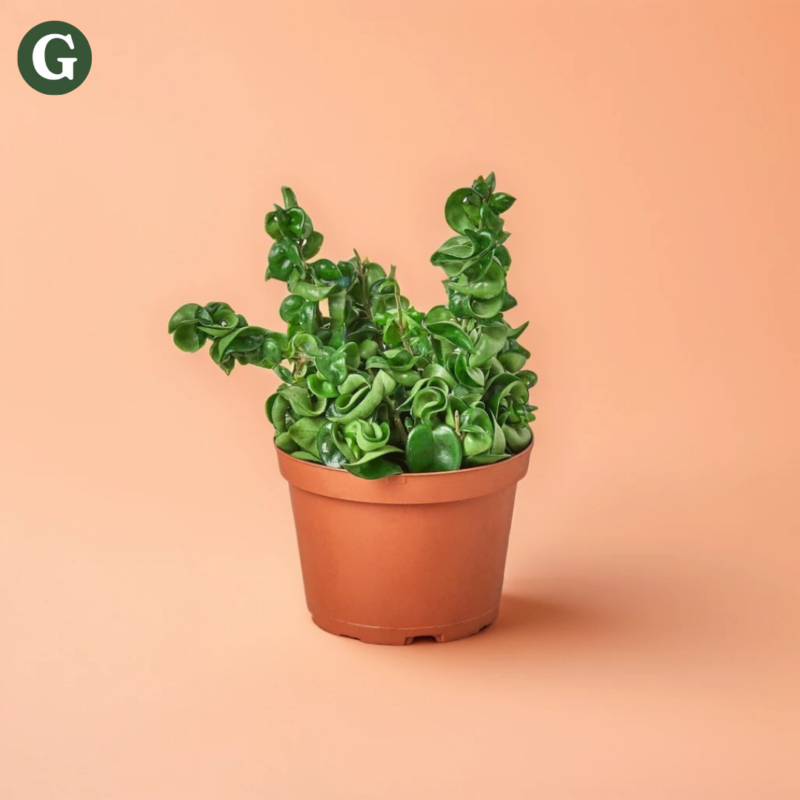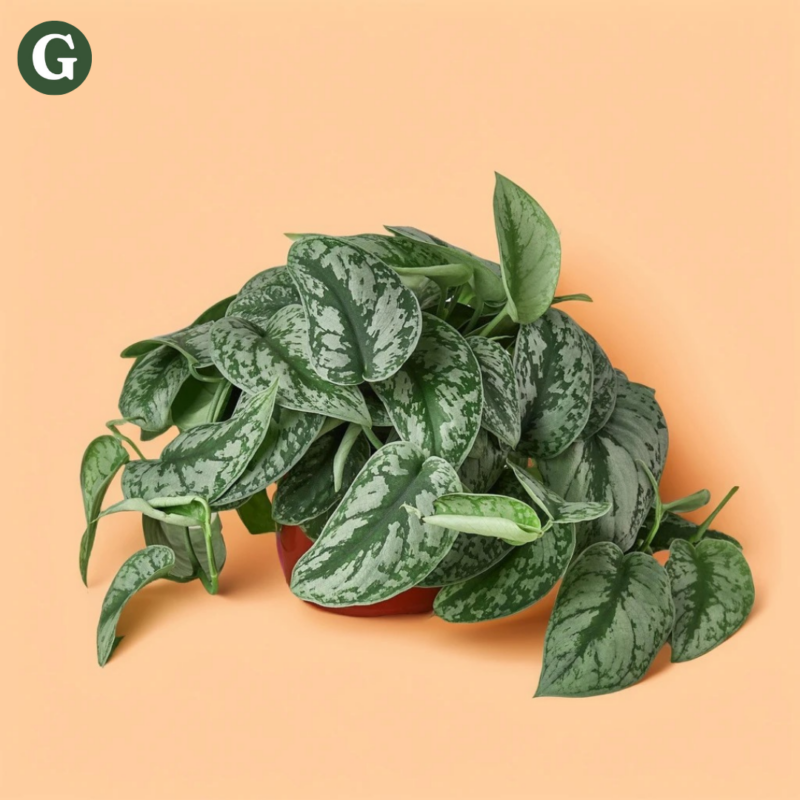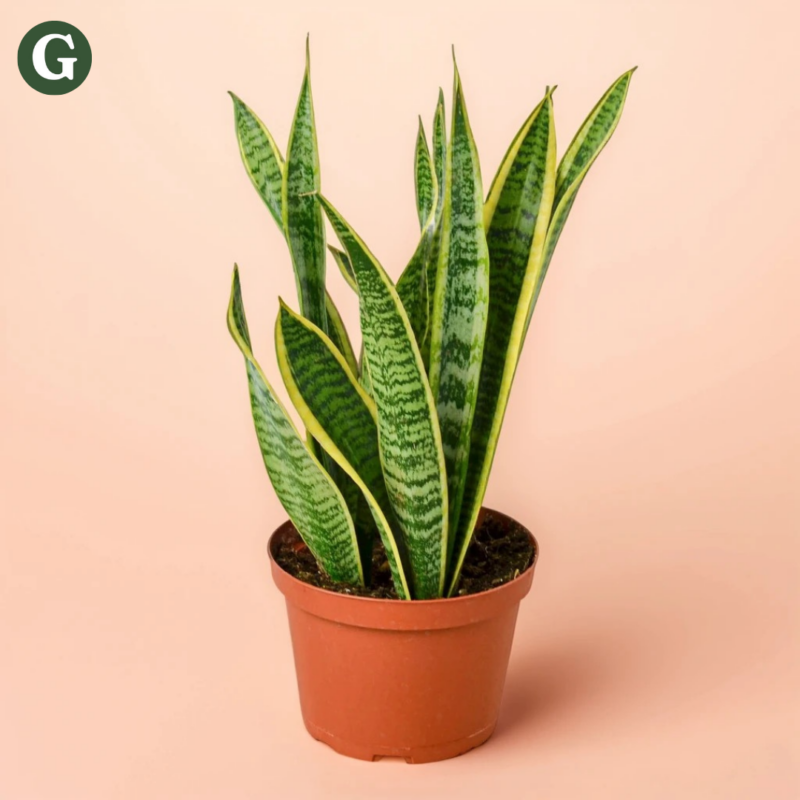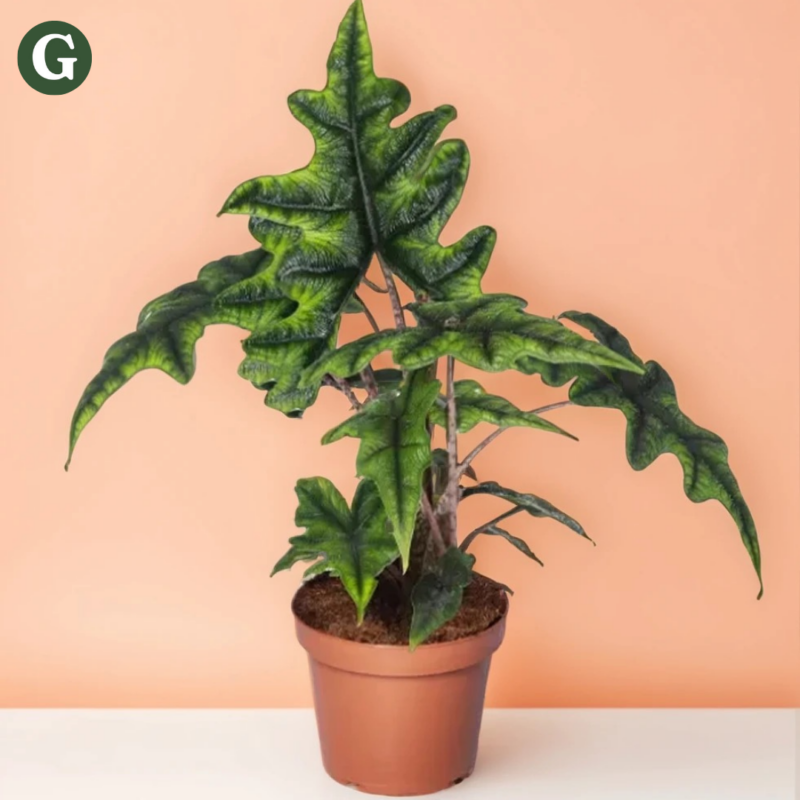Peperomia Ripple
Botanical Name: Peperomia caperata
Common Name(s): Ripple Peperomia, Emerald Ripple, Radiator Plant
Peperomia Ripple is a compact and decorative houseplant known for its deeply textured, wrinkled leaves that come in various shades, from rich green to silvery and even purple. Native to the rainforests of Brazil, this Peperomia is a great choice for small spaces, typically reaching only about 6-8 inches in height and spread. Its distinctive, heart-shaped leaves and mounding growth habit make it a popular choice for tabletops, desks, and shelves.
Ripple Peperomia thrives in bright, indirect light but can tolerate lower light levels, though the color and texture of the leaves may be more pronounced with better light. It prefers well-draining soil and should be watered when the top inch of soil feels dry, as it is prone to root rot if overwatered. Average indoor humidity is sufficient for this plant, though it enjoys slightly higher humidity if possible.
Air Purifying Qualities: Peperomia Ripple contributes to a fresher indoor environment by absorbing carbon dioxide and releasing oxygen. Though it is not a heavy air purifier, it can still positively impact indoor air quality.
Note: Peperomia Ripple is non-toxic to pets, making it a safe, pet-friendly plant for homes with animals. As always, it’s wise to keep an eye on pets to prevent any chewing, though this plant poses no toxicity risk.
Care Insights & Expert Tips
- Fertilize sparingly: Feed your Peperomia Ripple with a diluted, balanced liquid fertilizer once or twice a year during the spring and summer. Too much fertilizer can burn the roots.
- Repot carefully: Repot your Peperomia Ripple only when it becomes root-bound. Use a well-draining potting mix.
- Avoid overwatering: Overwatering is the most common cause of death for peperomias. Allow the soil to dry out completely before watering again.
- Protect from cold drafts & pests: Peperomias are sensitive to cold drafts. Place them away from drafty windows and doors. Additionally, keep an eye out for common houseplant pests like mealybugs and spider mites. Treat infestations promptly with insecticidal soap or neem oil.

Visit our plant care library
Find essential tips to keep your plants thriving, vibrant, and healthy.

